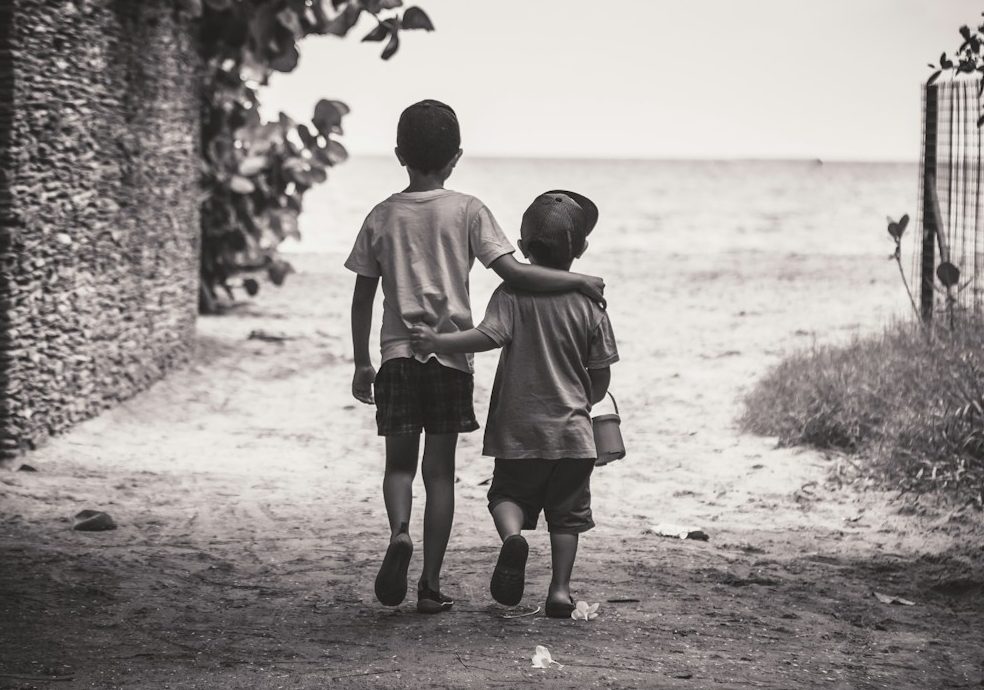Growing up with a gifted sibling can be a unique experience full of intense emotions, deep connections, and sometimes, difficult struggles. In families where multiple children are gifted, differences in skills, interests, and levels of success can shape sibling relationships in unexpected ways.
Some gifted siblings find themselves caught in a cycle of comparison. When one child excels in a particular area, the other may feel overshadowed, leading to feelings of jealousy or resentment. Parents may try to downplay these differences, but children instinctively recognize them. Instead of denying reality, acknowledging each child’s strengths and helping them develop their own identity can ease these tensions.
Yet, rivalry is only one part of the story. Many gifted siblings build strong bonds, supporting and challenging each other in ways that foster growth. When they share intellectual interests, they can inspire one another and engage in meaningful conversations that others might not understand. A home environment that encourages cooperation rather than competition helps gifted siblings become each other’s allies rather than rivals.
However, gifted siblings also face unique challenges. The child who is perceived as “more gifted” may unintentionally become the center of attention, leaving the other feeling overlooked. In some families, rigid roles may emerge—the “smart one,” the “funny one,” or the “athletic one”—which can limit personal development. High expectations can create pressure, leading to perfectionism and anxiety, especially when one sibling feels they can never measure up.
The key for parents is to foster an environment where each child is valued for their individuality, not just their achievements. By encouraging self-expression, validating emotions, and providing space for each child to shine in their own way, families can turn sibling relationships into a source of support rather than rivalry.



